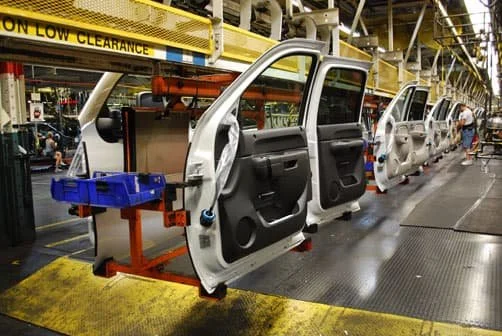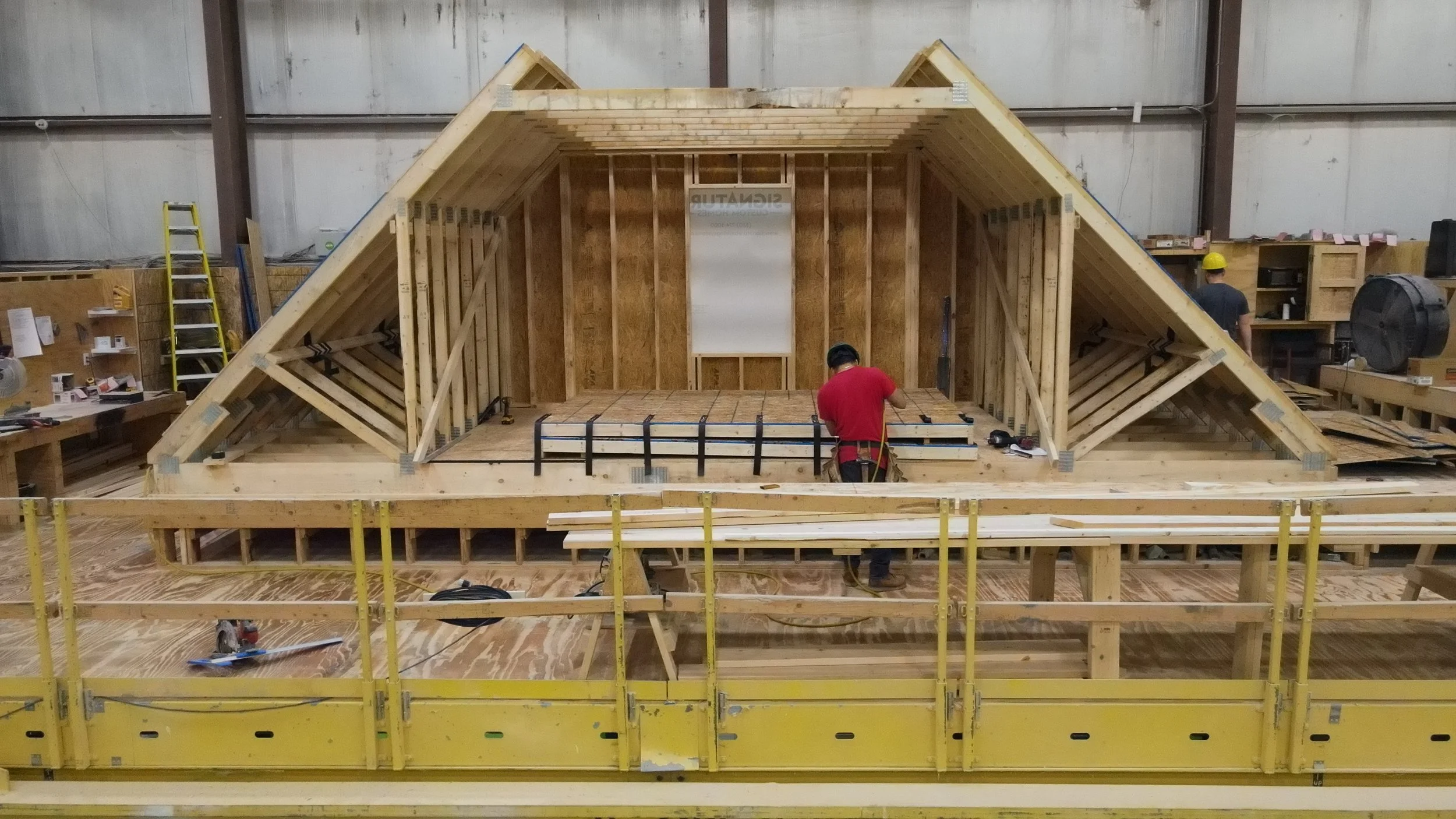Why Modular Homes Are Compared to Cars — And Why its the Wrong Comparison
Cars are manufactured to drive uniform roads.
In the world of construction, modular housing is often compared to the automotive industry. After all, both involve factory-built components fabricated via an assembly line. But while the comparison helps people understand what modular homes are, it also oversimplifies the process and risks reinforcing the wrong perceptions.
So let’s break it down:
Why do people compare modular homes to cars? And why is that only half the story?
| Feature | Custom Modular Homes (like Signature) | Cars (Even High-End Models) |
|---|---|---|
| Build Location | Designed for a specific piece of land with unique site conditions | Built to drive anywhere and comply with broad global standards |
| Environmental | Engineered for wind, snow, seismic, and flood loads | Designed for general use, following crash safety and emissions standards |
| Zoning and Codes | Meets local zoning, building codes, and HOA requirements | Follows national vehicle regulations that rarely vary by location |
| Utilities | Connects to site-specific water, sewer, electric, and gas | Uses standard fuel or EV charging systems |
| Climate Adaptation | Designed for your climate zone with proper insulation, HVAC, and ventilation | May include heated seats or upgraded AC, but the structure is unchanged |
| Structural Engineering | Custom foundation and soil-specific engineering | Built on a standardized chassis |
| Size Constraints | Constrained by lot size, setbacks, height, and FAR | Sized to fit standard garages and roads |
| Delivery Process | Delivered under DOT rules and craned into place | Shipped by truck or rail and driven off the lot |
| Customization | Fully custom floor plan, finishes, systems, and appliances | Mostly cosmetic options like color, trim, or tech upgrades |
| Fit to Surroundings | Architecturally harmonized with the local neighborhood | Same model looks the same no matter where it's parked |
Why People Compare Modular Homes to Cars
1.Factory-Built on Assembly Lines
Just like cars, modular homes are built in controlled factory environments. Instead of framing houses in the dirt, builders manufacture modules (box-shaped sections) in climate-controlled conditions, moving them down a production line for framing, wiring, insulation, drywall, cabinetry, and finishes.
The result? Better quality control, fewer weather delays, and faster build cycles.
2. Standardized Systems with Custom Options
Think of how car buyers choose their make, model, trim, and add-ons. Modular housing can work in a similar way:
Start with a standard floor plan or module type
Customize exterior siding, roofing, cabinets, flooring, and fixtures
You get efficiency and scale without giving up personalization.
Signature defies this standard industry process, while we offer customizable modular floor plans, most of Signature’s builds are highly customized. Often our initial plans are drawn by an architect.
3. Faster Turnaround and Predictability
Cars are delivered on clear timelines with known delivery windows. Similar to car production, modular home components are built in weeks instead of months compared to traditional stick-built homes.
With fewer unknowns, builders and buyers alike gain cost certainty and scheduling reliability.
Why the Car Industry doesn’t Make Sense to Compare to the Modular Industry
1. Modular Houses Are Not Mobile
Cars are designed to move. Homes are anchored to foundation systems designed around multifactorial influences such as terrain, zoning, local building codes, and utility hookups.
No matter how efficient the factory is, your home still needs:
Permits and Inspections
Excavation and site work
Cranes, set crews, and subcontractors
Custom homes designed for specific property.
2. Every Location Adds Complexity
Car manufacturers operate under federal safety standards. Modular builders must navigate thousands of variables including: local zoning rules and codes, state inspections, and municipal approvals.
You can’t “drive” a house off the lot — you need:
Site surveys
Transport logistics
Foundation engineering
Local utility integration
3. No Nationwide Standardization
Cars benefit from unified standards (EPA, DOT, etc.). Modular construction still faces:
Varying code compliance (IRC, modular standards, local exceptions)
Confusion with HUD-code “mobile homes” or “manufactured homes”
Skepticism from local officials unfamiliar with off-site methods
The Bottom Line
The comparison between modular housing and car manufacturing is helpful… to a point. It illustrates how off-site construction can transform the building process with better quality, faster timelines, and lower costs.
But unlike cars, homes are:
Immobile
Heavily regulated at the local level
Dependent on complex site-specific work
So while we can borrow the efficiencies of automotive manufacturing, we must also recognize what makes homebuilding fundamentally different.
What This Means for Builders, Buyers, and Developers
If you're considering modular housing, don’t assume it’s a “plug-and-play” solution like buying a car. Instead, think of it as a hybrid process:
Factory-built modules fabricated in a climate controlled environment
Custom site prep and finishes on location
High-performance standards, often exceeding traditional methods
And when done right, you get a better-built home: faster, cleaner, and often more energy-efficient.
Interested in building modular?
Contact Signature Building Systems — a Northeast leader in custom modular homes, from award-winning multifamily to Passive House single-family builds.




